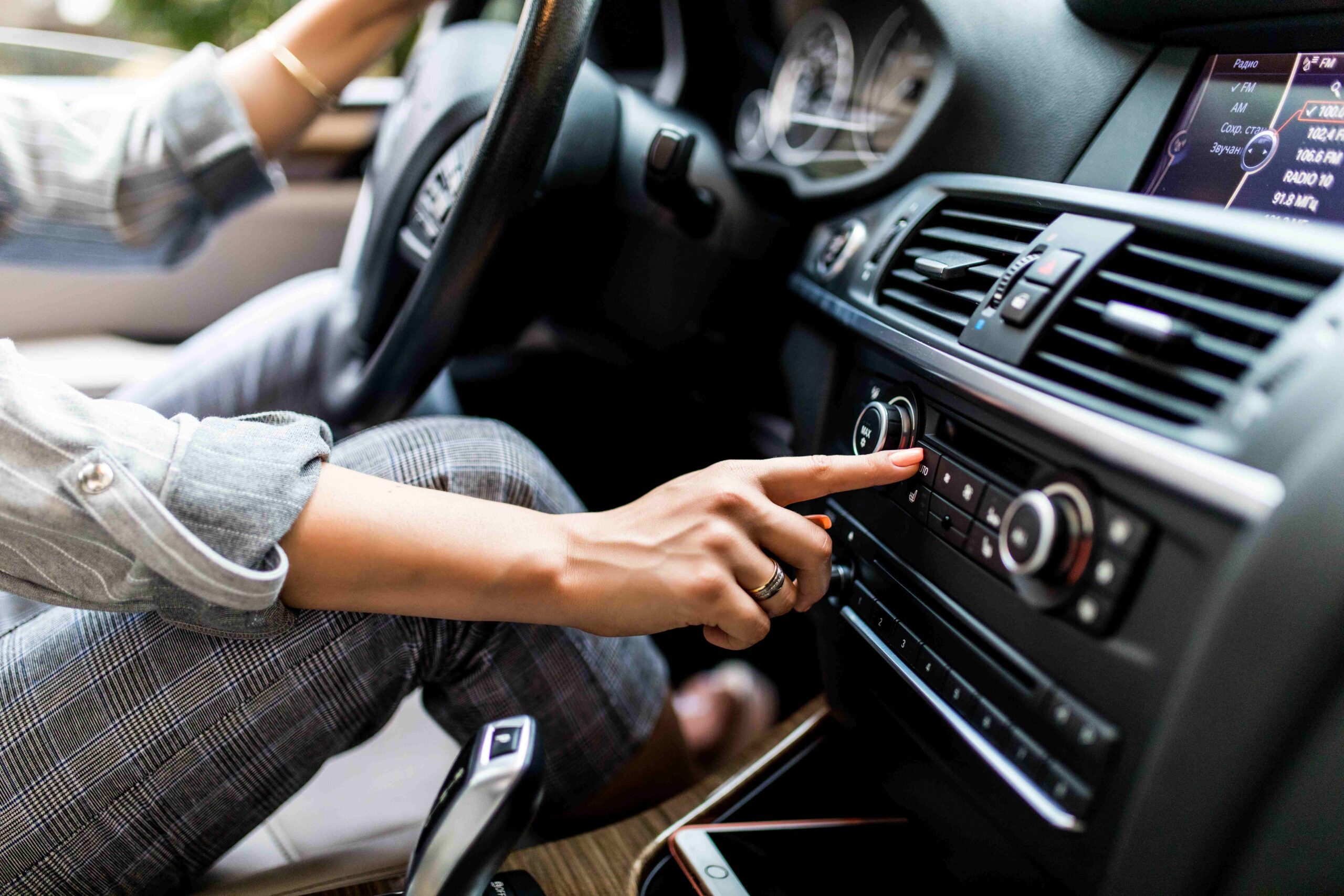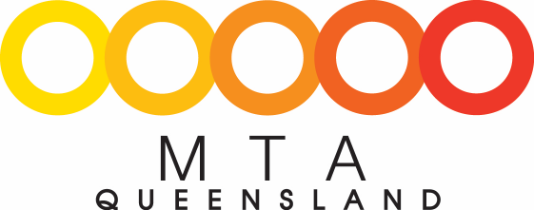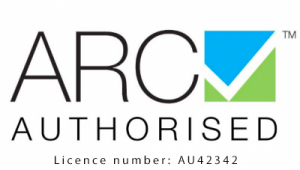Should You Repair or Replace Your Car?
If you’re a Brisbane driver wondering whether to repair or replace your car, you’re not alone. Whether it’s after a costly service quote or an inconvenient breakdown, choosing between fixing your current car or upgrading to a newer one can be tricky. This guide outlines the most important factors to consider so you can make the smartest decision for your budget and lifestyle.
1. Assess the Repair Costs
Start by reviewing the cost of necessary repairs. A minor fix like replacing brake pads might be worthwhile. But major repairs like engine or transmission replacements can easily exceed your car’s market value.
Ask yourself: Would you rather invest thousands into your old car or put that money toward a newer, more reliable vehicle? If your car is ageing and has a history of issues, the likelihood of more repairs down the road is high—even after fixing the current problem.
2. Consider Reliability and Safety
Older vehicles often become less reliable and may lack essential safety features. Constant visits to the workshop are not only costly but also time-consuming.
Newer cars offer improved crash protection, multiple airbags, and smart safety systems like electronic stability control or lane assist. If your car doesn’t offer these, especially for driving on busy Brisbane roads, an upgrade might be the safer option.
3. Does It Suit Your Current Lifestyle?
Your needs may have changed since you bought the car. Maybe you’ve added a family member, changed jobs, or moved to a different area. Ask yourself: “If I were buying a car today, would I choose this one?”
If the answer is no, your current car may no longer be the best fit.
4. Running Costs and Fuel Efficiency
Older cars often guzzle more fuel and can cost more in registration and insurance. With petrol prices rising in Brisbane, switching to a newer car—especially a hybrid or EV—can save money in the long term.
Modern vehicles also often come with factory warranties and capped-price servicing, reducing ongoing running costs and surprises.
5. What’s Your Car Worth?
Use platforms like RedBook or Carsales to check your car’s trade-in or private sale value. If it’s still worth a decent amount and doesn’t need major repairs, it may be worth keeping.
But if the car’s value is low and repairs are frequent or costly, selling while it’s still running might be the smartest financial decision.
6. Emotional Attachment vs Practicality
Many drivers hold onto cars for sentimental reasons. Maybe it’s your first car or it’s been with you for years of Brisbane adventures.
However, if it’s costing you more than it’s worth in both money and convenience, emotions shouldn’t get in the way of making a rational choice.
7. Understand the Cost of Replacing
Buying a new or used car comes with upfront costs like deposits, loan repayments, insurance, and stamp duty. But instead of focusing only on the purchase price, consider the total cost of ownership over the next five years.
In many cases, a newer car offers better value—especially if your current one is past its prime and expensive to maintain.
Final Thoughts
Deciding whether to repair or replace your car depends on repair costs, reliability, safety, and how well your current vehicle meets your needs. If you’re on the fence, ask a trusted Brisbane mechanic for an honest assessment of your car’s condition.
When you compare that to the cost and benefits of upgrading, you’ll be in a better position to make a decision that’s right for your wallet—and your lifestyle.








